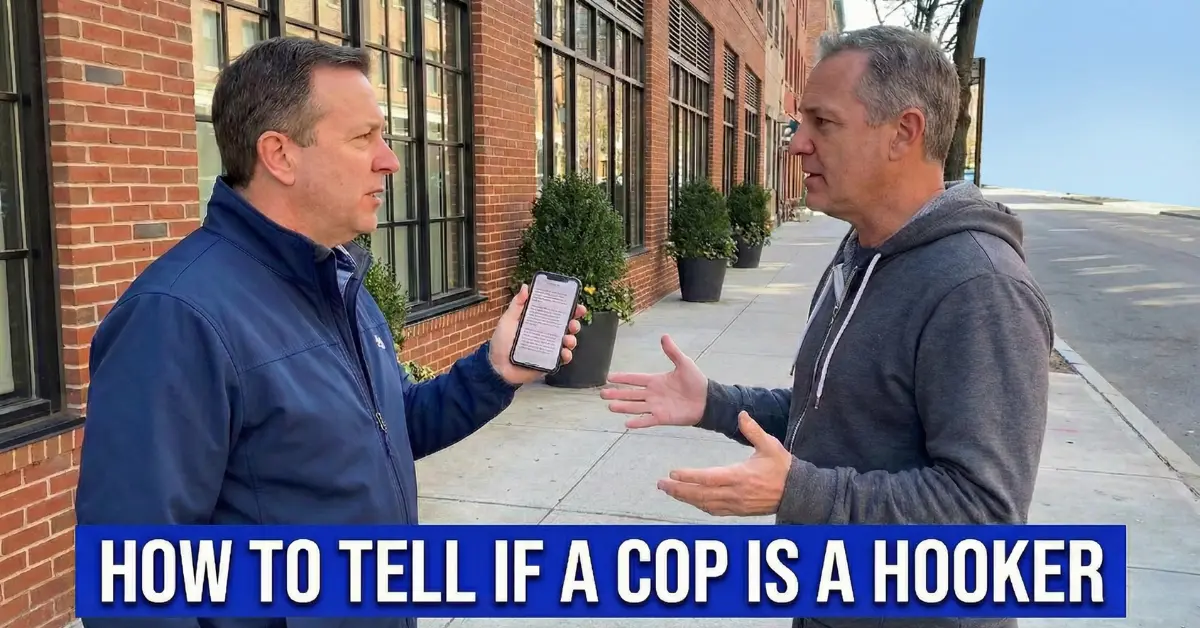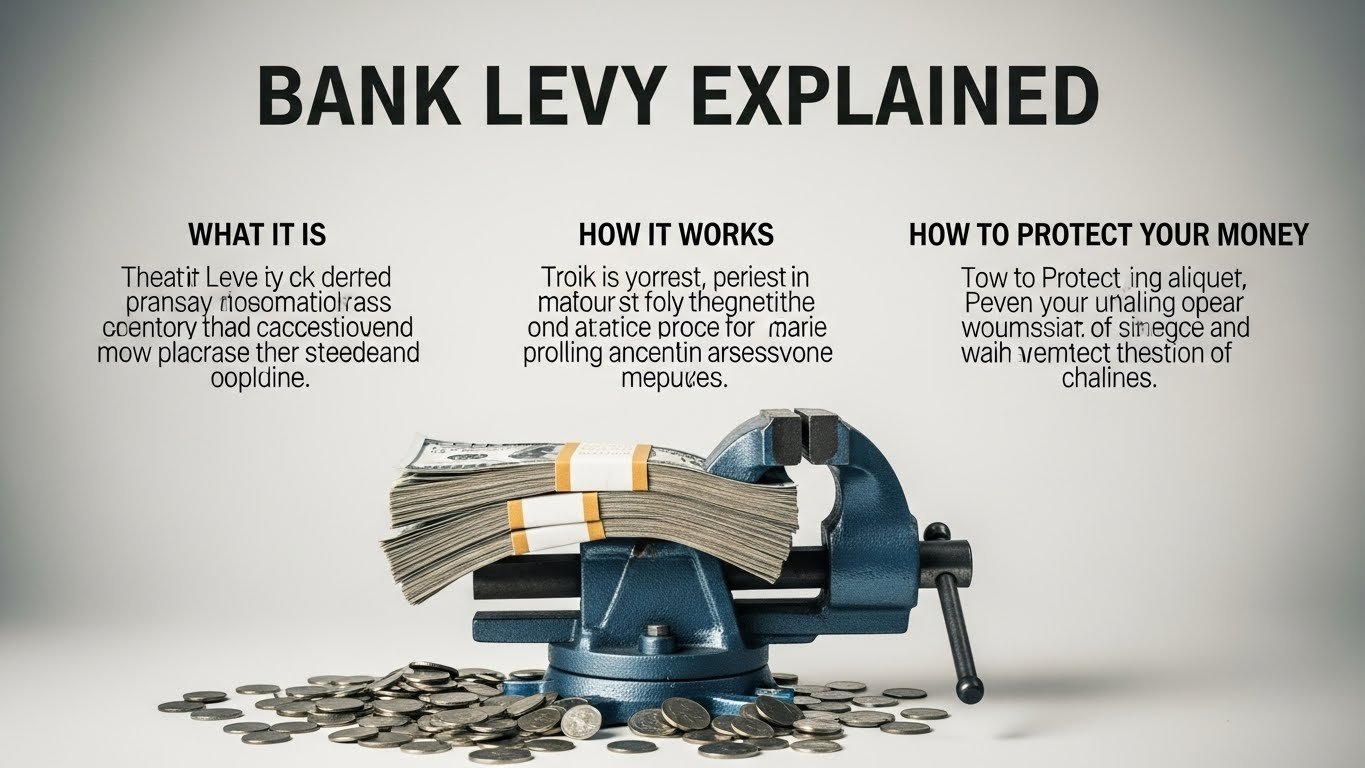In certain situations, people may wonder how to determine if someone they are encountering, possibly a sex worker, is actually an undercover police officer.
This question typically arises due to the legal risks and potential consequences of soliciting someone who turns out to be part of a police sting operation.
The legal ramifications for solicitation can be severe, affecting a person’s personal and professional life, not to mention the financial burden of legal defense.
Understanding how to navigate these situations requires knowing the difference between lawful undercover operations and entrapment, as well as being aware of the tactics law enforcement may use to investigate illegal activities like prostitution.
Understanding Entrapment
Entrapment is a legal term that refers to a situation in which an individual is coerced or lured into committing a crime that they would not have otherwise committed.
It’s important to note that entrapment is illegal and differs significantly from undercover police work, where officers act as civilians without coercing others into committing crimes.
For example, an undercover officer posing as a prostitute cannot initiate an illegal proposition, but if the individual solicits the officer, it becomes lawful for the officer to act on it.
In cases of entrapment, a defense lawyer could argue that the defendant was manipulated into engaging in illegal conduct, which would not have occurred otherwise.
Examples of Entrapment:
- An undercover officer aggressively pushed the idea of a sexual transaction, even after the individual hesitated or refused.
- Continuous pressure to engage in illegal activities by the undercover officer, even when there was no initial interest.
Common Tactics Used by Law Enforcement
In undercover operations, police officers rely on specific tactics to gather evidence without crossing the line into entrapment. Some common tactics include:
- Direct Solicitation
While law enforcement officers cannot initiate illegal activity, they can engage if they are solicited by an individual. For example, an officer posing as a prostitute may respond to requests for illegal services, but they must be cautious not to propose the activity first.
- Use of Non-Suggestive Language
To avoid accusations of entrapment, officers often refrain from using explicit language. They tend to use vague or indirect phrases, allowing the individual to make an illegal proposition.
- Insistence on Quick Transactions
Officers often push for quick decisions, especially in prostitution stings. They might rush the transaction or the meeting to secure evidence without giving the individual too much time to reconsider.
Red Flags to Watch For
Knowing the signs that may indicate someone is an undercover cop can help avoid potentially dangerous situations. Here are some common red flags:
Reluctance to Discuss Money Explicitly
A real sex worker will usually have no problem discussing payment terms upfront. However, an undercover officer will often avoid clear terms, leaving the conversation vague.
Eagerness to Meet in Public or Controlled Locations
Undercover operations typically occur in public spaces or locations under surveillance. If the person insists on meeting in a well-surveilled area, such as a hotel lobby or busy street, this may be a warning sign.
Unrealistic Offers or Unusual Behavior
If something feels “too good to be true,” such as an offer that seems too attractive or behavior that is overly enthusiastic, it may be a sign of a sting operation.
Common Myths about Police Encounters
There are many misconceptions surrounding police encounters, particularly involving undercover cops. These are a few of the most popular myths:
- Undercover officers must tell me whether or not they’re cops or it’s entrapment.
This is false. Undercover officers are not legally obligated to reveal their identity, even if asked directly.
- I can talk my way out of trouble here.
Once enough evidence has been gathered, no amount of negotiation can reverse the legal consequences.
- Nothing happened between us; it was just talk so I couldn’t get arrested.
Even discussing illegal activities can lead to charges, especially if there is evidence of intent.
- If I remain silent, the police must stop questioning me.
While staying silent is a right, it does not prevent officers from continuing the investigation.
Legal Risks and Consequences
Being caught soliciting an undercover officer can lead to severe legal consequences, including:
- Criminal Charges
Soliciting an officer can result in fines, imprisonment, or both, depending on the severity of the case and the local laws.
- Impact on Personal and Professional Life
An arrest for solicitation can tarnish one’s reputation and affect job prospects, social standing, and family relationships.
Typical Prostitution Sting Tactics
Understanding how prostitution sting operations work can help in avoiding them. Common tactics include:
- How Do Prostitution Stings Happen?
Stings usually involve officers posing as sex workers in locations where prostitution is suspected. They wait for potential clients to approach and make illegal propositions.
- What To Expect During & After a Sting?
If arrested, you will likely face immediate legal consequences such as detainment, followed by criminal charges.
- Identify & Avoid Prostitution Sting Operations
Avoiding stings involves being cautious of unrealistic offers, vague conversations, and pressure to act quickly.
- When Are Stings Considered Entrapment?
Entrapment can be argued if the officer initiated the illegal activity or used coercion to encourage a crime.
What to Do Instead
To avoid the risks of engaging with an undercover cop, consider these alternatives:
- Stay Legal
Engaging with legal escort services is a safer option and reduces the risk of encountering a police sting.
- Consult an Attorney
If you suspect that you have been part of a prostitution sting or are facing charges, it is crucial to seek legal advice from a defense lawyer.
How to Contact a Defense Lawyer
If you find yourself facing charges related to solicitation, finding a defense lawyer quickly is vital. Look for attorneys who specialize in criminal defense and have experience with prostitution cases.
Conclusion
Understanding the dynamics of solicitation and the tactics used by law enforcement is crucial in navigating encounters with potential sex workers. Recognizing the signs of undercover police officers can protect individuals from serious legal consequences, including criminal charges that can affect one’s personal and professional life.
It’s important to remember that not all interactions are what they seem; being aware of red flags, such as reluctance to discuss money or an eagerness to meet in controlled environments, can serve as valuable indicators.
Furthermore, knowing the difference between entrapment and lawful undercover operations is essential. Engaging with legal escort services can offer a safer alternative for those seeking companionship without legal risks.
If uncertain about an encounter or facing charges, seeking advice from a qualified defense lawyer is always advisable. Ultimately, remaining informed and cautious helps individuals stay within legal boundaries and promotes safer interactions. Understanding these aspects can significantly reduce the risk of unfortunate legal entanglements.




